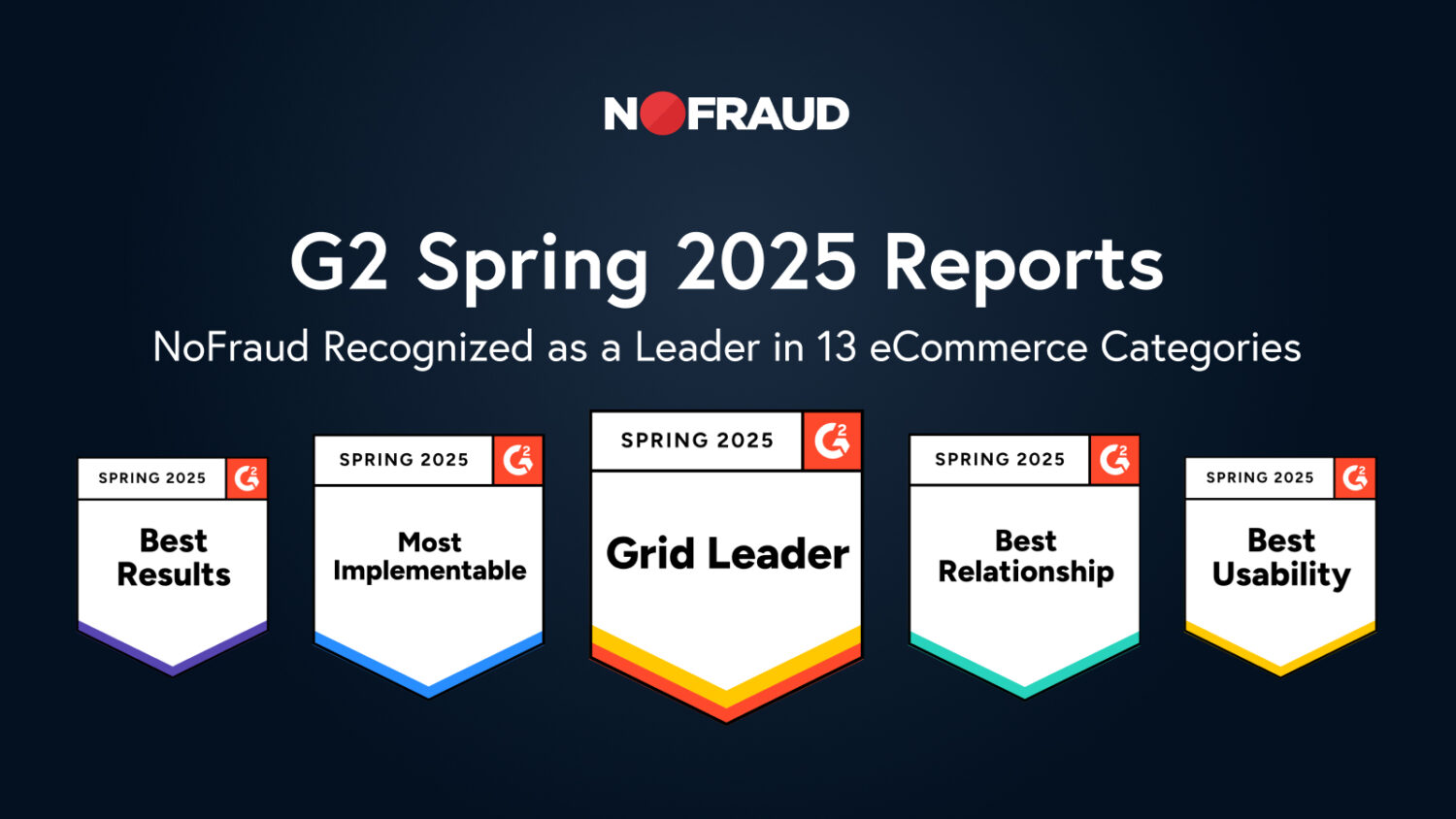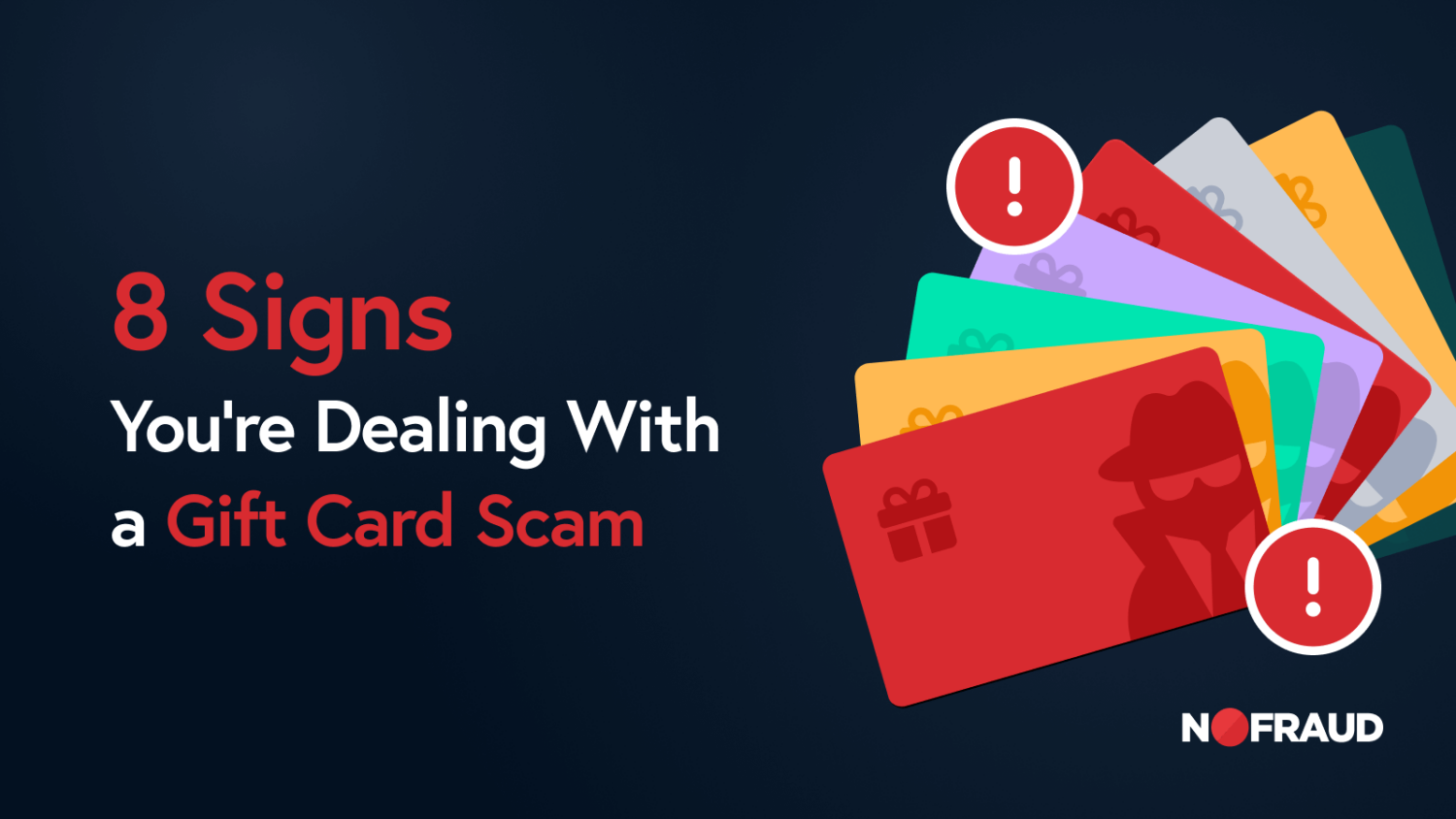Online shopping requires a high degree of trust for ecommerce merchants and online shoppers to find their way to each other, make a match between the items sought and the products on offer, and successfully checkout and complete the transaction. In fact, even when shoppers start the checkout process, 48% of those who move from cart to checkout abandon without purchase — 58% if that checkout is happening on a mobile device.
That’s why it’s even more frustrating for ecommerce merchants when a new or returning customer makes it all the way through checkout, and their store ships the order, only to face an Item Not Received — or INR — claim from the customer later.
What is Item Not Received (INR)?
INR is a type of chargeback that occurs when a cardholder claims they never received an item they purchased. In some cases, this occurs for explainable, albeit unfortunate, reasons. For example, a fulfillment error could have occurred without the merchant’s knowledge, or a package may have been lost or misplaced along the way or delivered to the wrong address.
For this reason, customers are always encouraged to try and resolve the issue with the merchant, before initiating a chargeback. Most merchants are eager to rectify the problem, if the item legitimately did not arrive at the destination, and it helps them to know if any shipping carrier used is unreliable or error prone.
What Causes Item Not Received (INR) Fraud?
INR fraud occurs when the buyer falsely claims they did not receive the item to fraudulently obtain a refund or replacement for free. Because the buyer intends to deceive the merchant, they purposely bypass working with the ecommerce store’s customer support team or contacting the merchant directly and instead contact their bank and initiate a chargeback.
INR fraud may be an individual seeking to save money on a purchase or get a replacement item without paying for it, or the individual may be working with an organized network that attempts to get items for free and resell them at a profit. INR Fraud has become so lucrative that it has spawned a fraud-as-a-service industry—referred to as refunders—that does the dirty work of committing INR Fraud and other scams for consumers, making their money by taking a cut of the ill-gotten gains. Either way, INR fraud, also referred to as liar buyer fraud, is bad news for merchants.
What is the True Cost of INR Fraud?
INR fraud is extremely harmful for ecommerce stores. The financial costs are obvious and include:
- Refunds issued for products that were actually shipped and received
- Replacement products provided for free
- Lost revenue to INR chargebacks, which are expensive whether or not you win the dispute
Beyond the money lost, INR fraud also results in:
- Erosion of buyer’s trust
- Damage to your ecommerce store’s reputation
- Problems with payment processors and platforms on which you sell
- Blocked revenue from attempts to prevent future INR claims
For example, if merchants see that INR claims are coming from a certain geographic location, they may choose to block orders from that area, street, or building. While it may reduce INR chargebacks, this approach prevents legitimate shoppers in those locations from becoming or continuing to be your customer, reducing your revenue.
How Can ecommerce Merchants Protect Their Stores from INR Fraud?
As merchants face continuously increasing and evolving threats from fraudsters, including “friendly” fraudsters whose scams do not rely on stolen identities or credit cards, a common reaction is to further lock down their ecommerce stores by increasing friction in their buying process and relying on rigid fraud prevention solutions. These approaches further victimize ecommerce merchants by blocking good orders and revenue and creating unfavorable customer experiences that damage their brands and lower customer lifetime value.
- Reduce your financial liability and burden from INR chargeback with INR Protection.
- Look for a robust, dynamic fraud prevention solution that adapts to fraud trends for you and does not rely on rules alone for fraud detection.
- Rely on NoFraud’s massive merchant shopper network and device recognition technology that recognizes 98% of shoppers to help you assess the risk of any transaction and make Pass/Fail decisions flexibly and intelligently.



